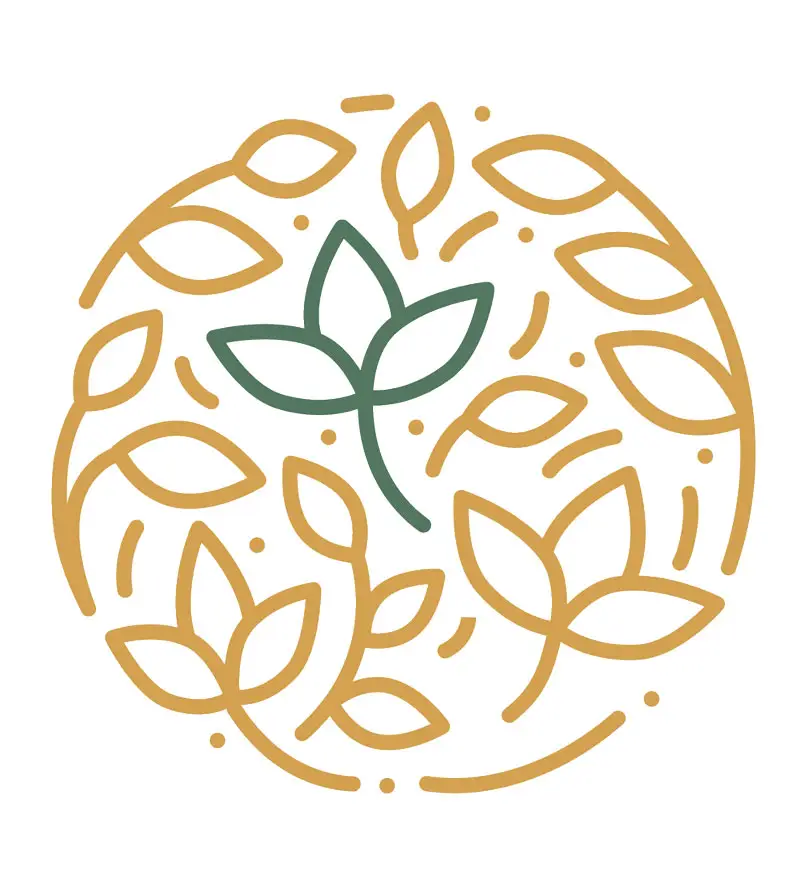About Homeopathy
Who is homeopathy suitable for?
For anyone who would like to be treated holistically, comprehensively and individually. Possible indications include:
- Anxiety / panic attacks
- Depression / burnout
- Learning difficulties / test anxiety
- ADD/ADHD
- Sleep disorders
- Neurological diseases
- Autoimmune diseases
- Headaches / migraines
- Allergies
- Tendency to catch colds
- Skin problems
- Digestive problems
- Acute illnesses such as angina, urinary tract infections or middle ear infections and much more
What is homeopathy?
Homeopathy as a healing method was founded in 1796 by the German chemist and physician Dr. Christian Friedrich Samuel Hahnemann and comprises the following main principles:
- The law of similars (“Similia similibus curentur”: similar things should be cured with similar things)
- The vital force
- Individualization
- The proving of remedies
- Potentization
- The use of single remedies in the smallest possible dose
Homeopathy takes the person as a whole (character, life situation, fears, problems) and understands the patient’s ailments as an imbalance in their vitality. If the person is healthy, their life force is also in balance. However, if the person is disturbed by external influences (cold, heat, the effects of violence, but also psychological/emotional suffering such as anger, insult, grief or fear), his or her life force is impaired and produces symptoms so that the person becomes aware of this and eliminates the triggering factors. If this is not possible, the homeopath looks for a remedy that was able to produce similar symptoms in a healthy person (remedy proving) from which the patient is currently suffering (law of similars).
The homeopathic remedy does not suppress symptoms, but gives the vital force the necessary information so that it is strengthened again and can heal itself. The concept of vitality can therefore be compared most closely with the conventional medical concept of the immune system. In order to give the vital force the necessary kick, only one remedy (the one most similar to the patient) is needed, which is administered just enough times until the healing reaction sets in (single remedy and smallest possible dose).
Another peculiarity of homeopathy is individualization, which means that remedies are not prescribed according to diagnoses but according to individual symptoms. For example, 5 people with the same illness, e.g. cough, each receive a different remedy because each patient has different cough symptoms. (e.g. stinging, tickling, choking, suffocating, worse at night, worse outside, worse inside, better to drink hot, better to drink cold, etc.).
The term “potentization” refers to the manufacturing process of the remedies, in which the starting substances are increasingly diluted and potentized, i.e. energized, by trituration or shaking.
„Homeopathy is the latest and refined method of treating patients economically and nonviolently. Like my non-violence, Homeopathy will never fail.“
Mahatma Gandhi

